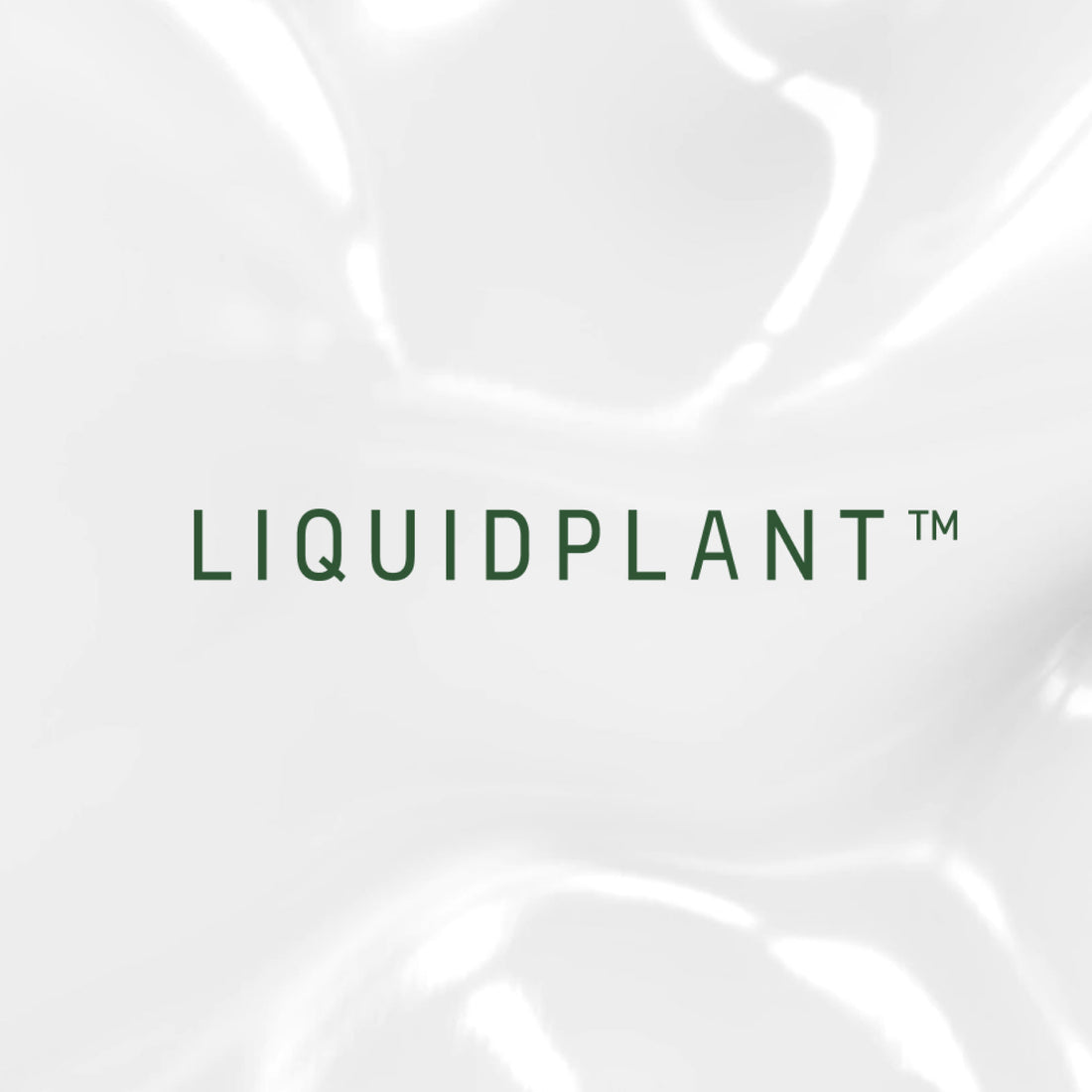"Liquidplant could be a breakthrough for companies not just in fashion, but in other sectors as well such as the automotive industry" - Vogue Business

Plant-based leather alternatives are gaining traction in the market, but many are coated with polyurethane to ensure durability. Von Holzhausen says its new Liquidplant product can replace it.
Its latest offering, Liquidplant, replaces polyurethane as a topcoat for textiles, which manufacturers currently use to ensure materials look, feel and function the way that brands and consumers expect. Polyurethane, which is used in everything from leather handbags to car seats and foam insulation, is a petroleum-based chemical made with compounds called isocyanates that are often as effective in products as they are toxic for people.
Liquidplant is plant-based but has similar properties to polyurethane, says the California-based company’s founder, Vicki von Holzhausen. “It’s drapey, it’s malleable, you can wrap it around hard, complex surfaces. The scratch resistance is there,” she says. The resin is made from corn sugar, flaxseed oil and castor oil and can be applied to any material — paper or canvas, leather or vegan leather — where the goal is durability, making it ideal for items such as luxury handbags. In tandem with the launch, the company is also releasing its own material, called Terra Backing, that the coating can be used on to offer a full vegan leather option, explains von Holzhausen, but Liquidplant can be used on virtually any material that needs a topcoat.
“It’s an interesting moment for us. We’re primarily a leather replacement business, but we realised that this topcoat technology, this green chemistry, is needed in all types of industries,” she says.Von Holzhausen says its new Liquidplant topcoat is made from corn sugar, flaxseed oil and castor oil.
Interest in vegan leather continues to climb, with brands from Ganni and Reformation to Gucci and, just this week, Tory Burch, designing products with plant-based leathers developed in-house (in Gucci’s case) or made by startups including Bolt Threads, Natural Fiber Welding and Modern Meadow. Yet, few options exist at scale that are made from fully natural materials.
The ubiquitous use of plastic to make animal-free leather alternatives has come under heavy scrutiny, and the newer options that strive to shift away from plastic, which are only just starting to commercialise, often consist of a “majority” plant-based materials that must be blended with synthetics. The polyurethane coating in particular that’s used on many vegan leather products, including plant-based options like pineapple and mycelium leather, has marred their sustainability credentials, but has been needed to make the products durable.
Some startups, such as Natural Fiber Welding, say they have completely bio-based offerings to replace leather, but von Holzhausen, which develops leather alternatives both for its own line of handbags and accessories and to supply to outside brands, is the first to debut a polyurethane replacement on the market as a standalone offering for textiles and leather alternatives. If effective, Liquidplant could be a breakthrough for companies not just in fashion, but in other sectors as well such as the automotive industry.
Link to the full article


